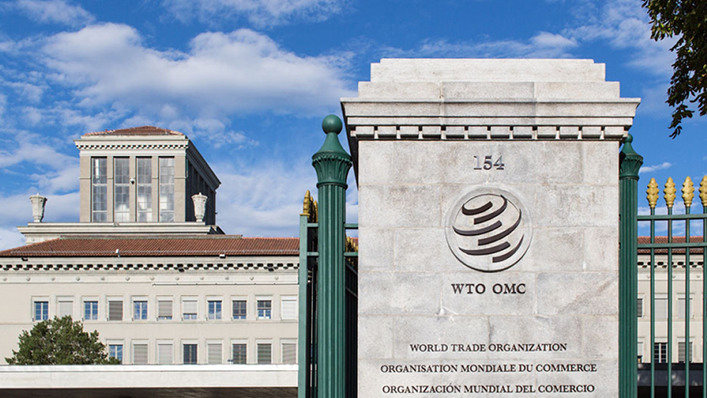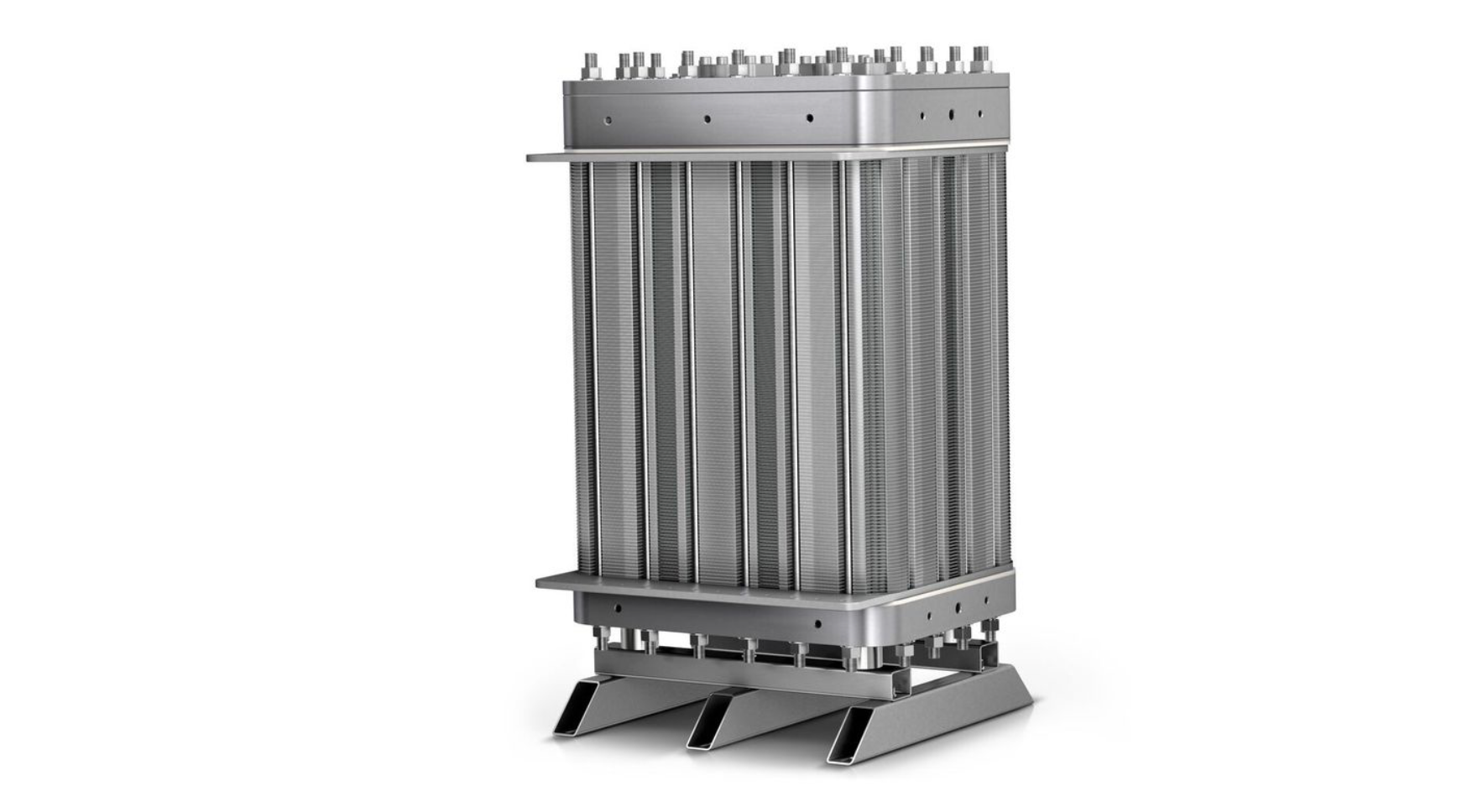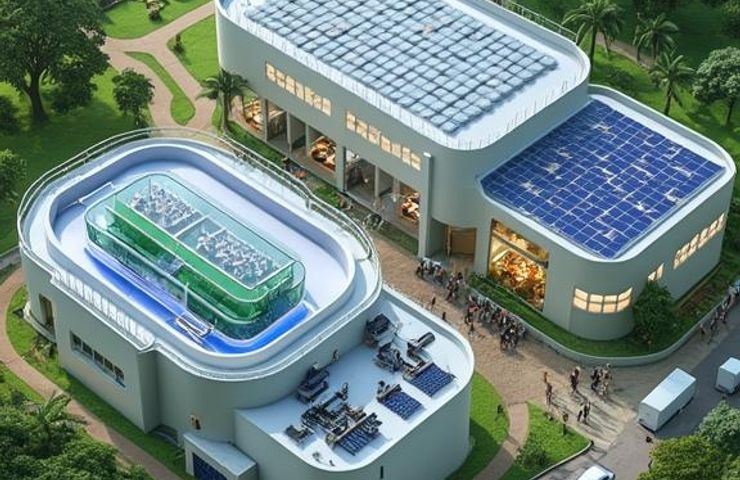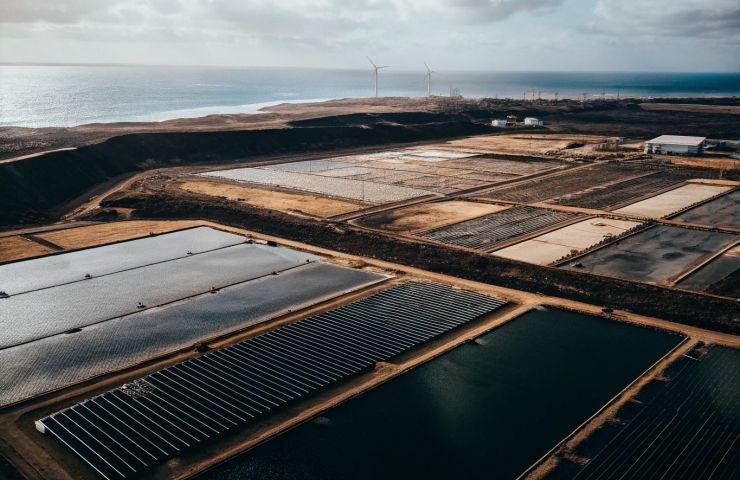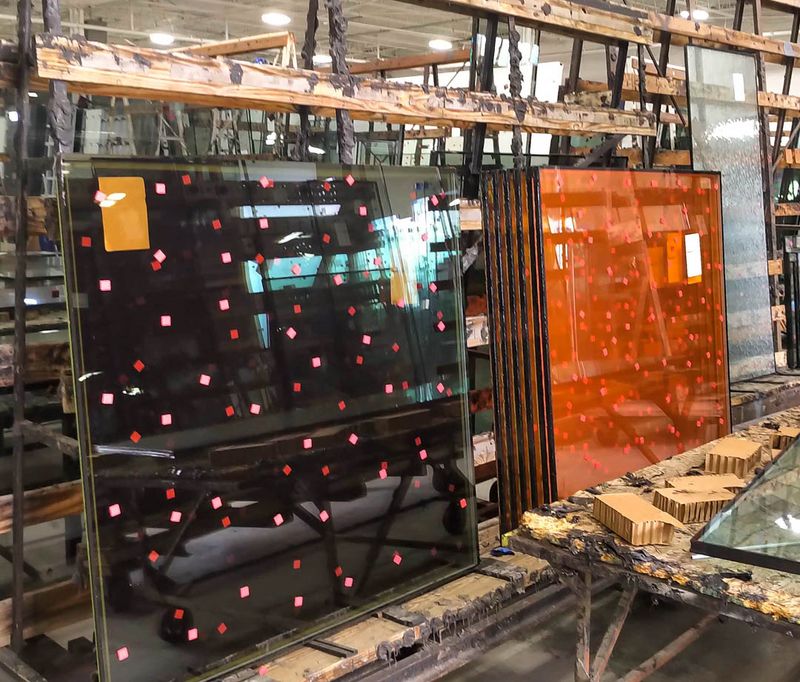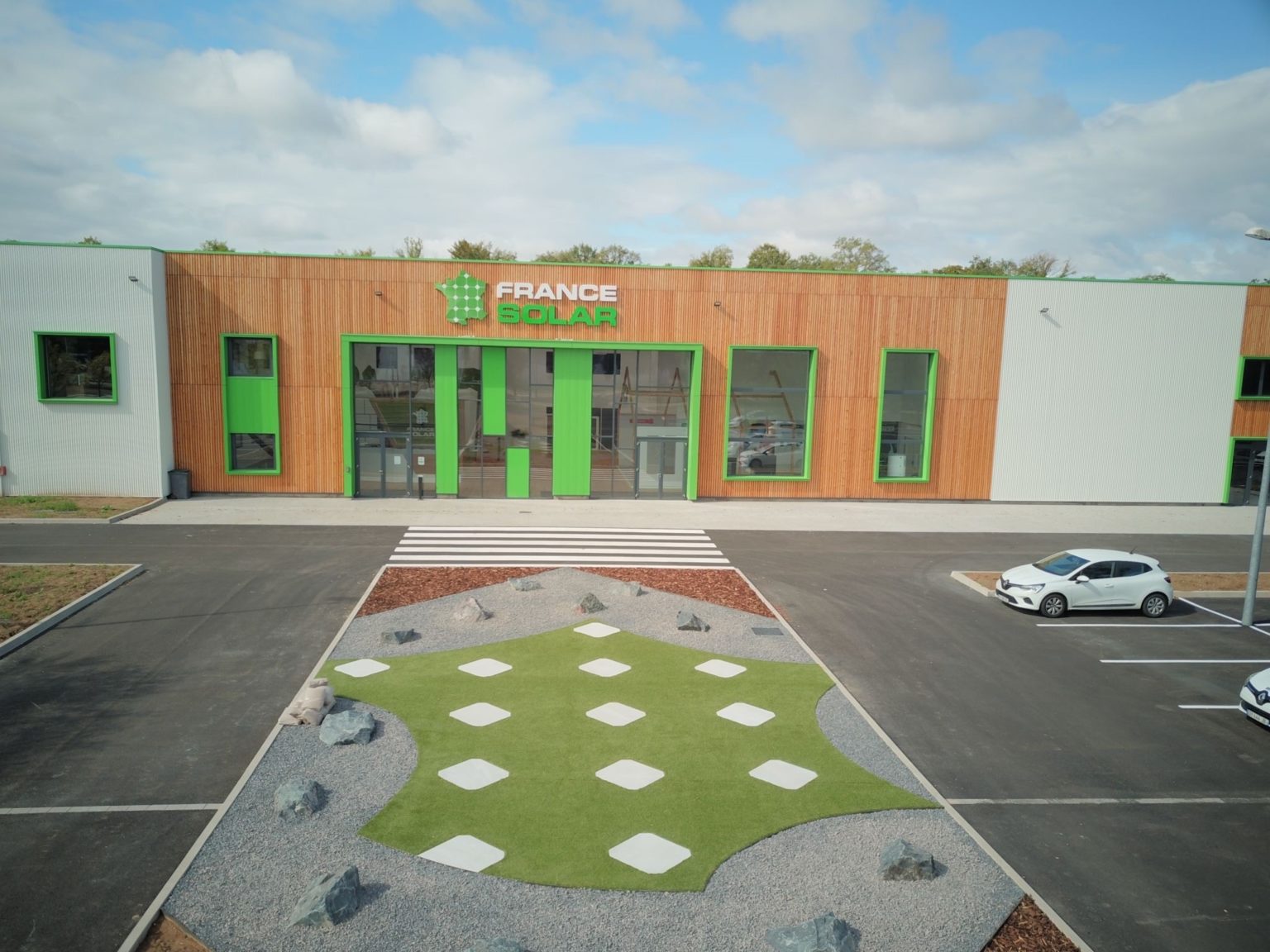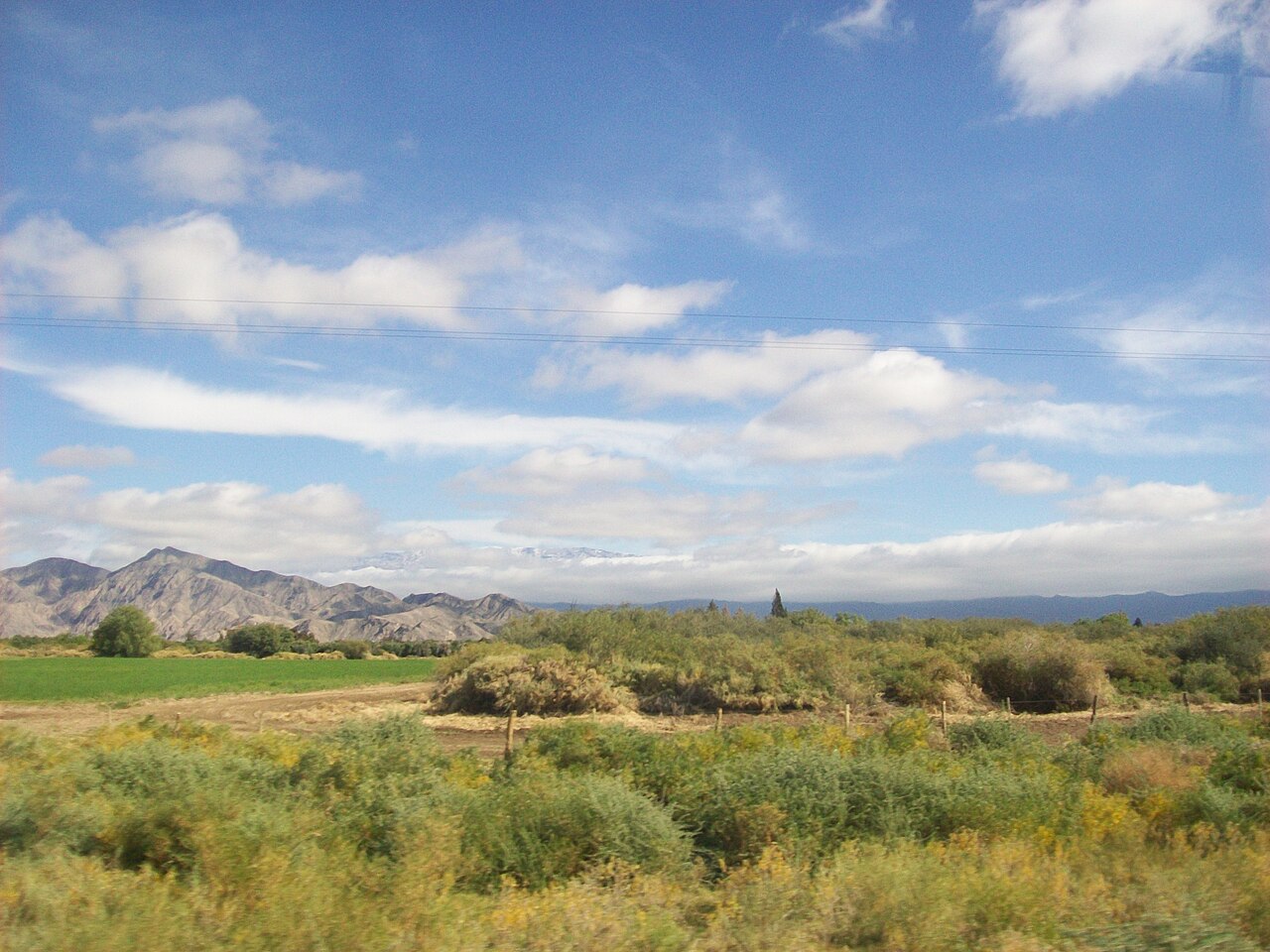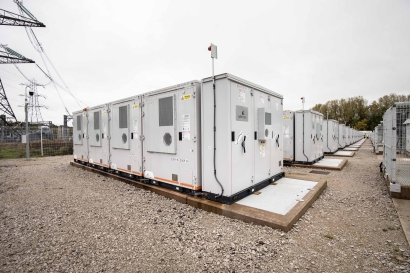Agrivoltaics for cherries
Switzerland's Energie360° and solar tech specialist Insolight have agreed to build a 1,300-panel agrivoltaic plant on a cherry farm in Leuggern, Switzerland. The facility will combine crop protection and dynamic light management.
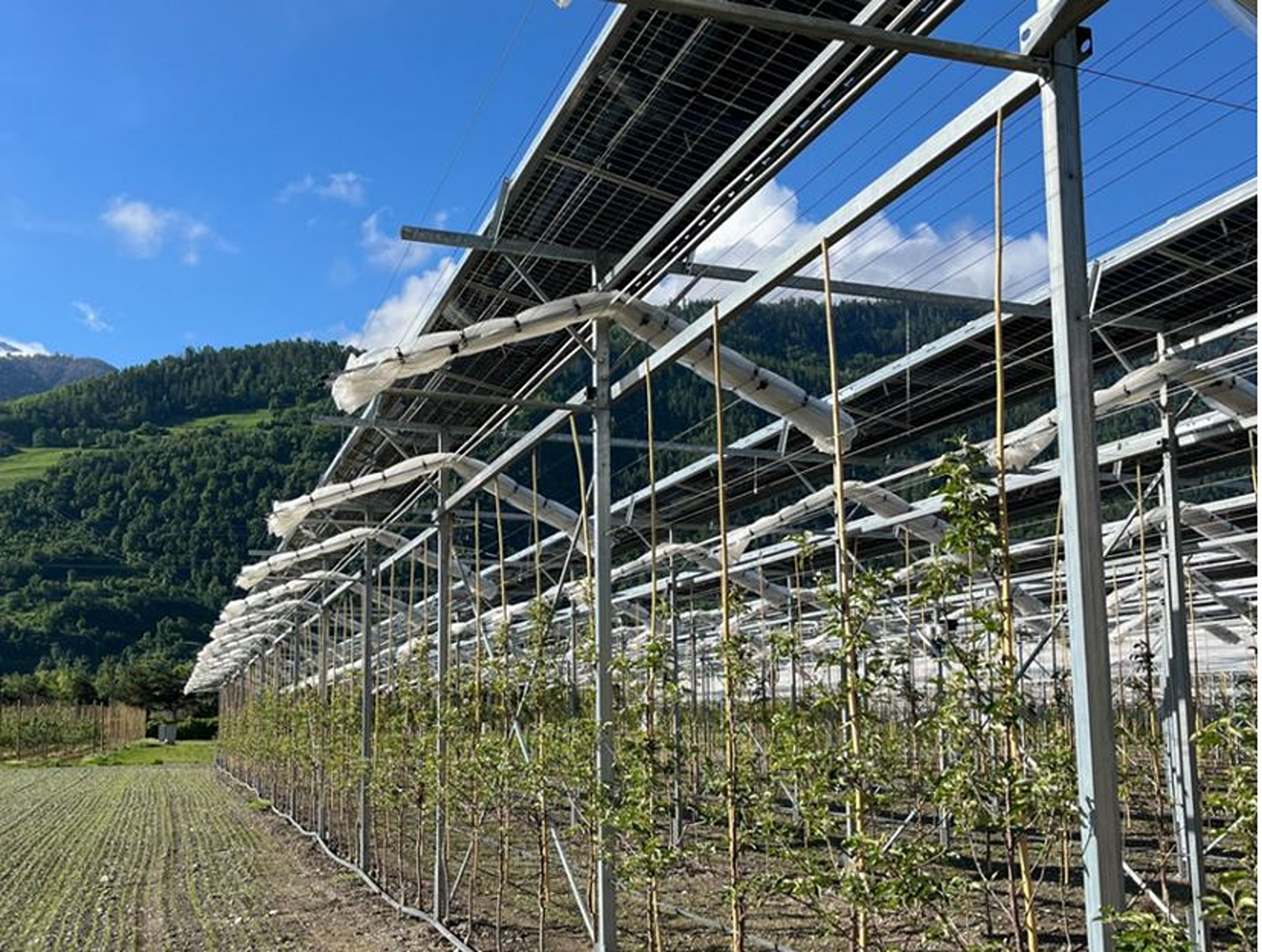
Switzerland's Energie360° and solar tech specialist Insolight have agreed to build a 1,300-panel agrivoltaic plant on a cherry farm in Leuggern, Switzerland. The facility will combine crop protection and dynamic light management.
From pv magazine France
Switzerland's Insolight have revealed plans to install 1,300 solar modules, each with a nominal power of 600 W, at an agrivoltaic facility spanning 12,000 square meters of farmland in Leuggern, Canton Aargau.
Farmers Rudolf Obrist and Hansjörg Erne grow cherries at the site. Construction of the plant is scheduled to begin in the summer.
The modules, supplied by Chinese manufacturer DAS Solar, will be connected to Huawei SUN2000 150K inverters and mounted nearly 3 meters above ground to allow the passage of agricultural machinery and tractors.
Installed at regular intervals, the panels are expected to generate 800 MWh annually, enough to power nearly 180 homes with renewable electricity.
Swiss utility Energie360°, a nationwide sustainable energy supplier, will purchase all electricity generated by the plant and feed it into the public grid, following a government tender.
The project’s innovation lies in Insolight’s proprietary “insolagrin” solution, which protects crops from weather extremes, regulates light exposure through a dynamic shading system, and harvests surplus light to produce energy.
The system uses a durable plastic film in a retractable tarpaulin setup that opens and closes flexibly. “The key is that both static and dynamic loads are properly taken into account,” said Laurent Coulot, CEO of Insolight, in an interview with pv magazine France.
Insolight said it developed the patented system with a stainless steel structure, which can be adapted for crops such as strawberries, raspberries, and blueberries. The company claimed that the design offers strong protection for cherries against torrential rain, hail, heat waves, and spring frosts.
Farmers Obrist and Erne said the agrivoltaic system improves protection for their cherries against extreme weather and helps lower the use of plant protection products.
What's Your Reaction?










